Current U.S. laws do not allow most student loans to be discharged in bankruptcy. So what can you do to deal with them? And what, if anything, happens to them if you do file for bankruptcy protection?
It mainly depends on what kind of bankruptcy you file: Chapter 7 or Chapter 13.
Chapter 13
Chapter 13 is sometimes called a "reorganization" or payment plan bankruptcy, where you agree to pay back at least part of your debts over time. Some of your debts will get better treatment than others and can be paid in full, such as priority income tax debts. Student loans are normally classified as "nonpriority unsecured debt", which means they're treated just like credit card debt and do not have to be paid in full. This means that you are not required to pay off your student loans in a Chapter 13. The bad news is that while any remaining balances on other debts, like credit cards, can be discharged at the end of a Chapter 13, your student loans are not. And the interest keeps accruing on the student loans during your bankruptcy case.
So while you may gain significant relief on your other debts in a Chapter 13, you'll likely finish your Chapter 13 payment plan with student loan debts that are similar in size to when you started.
This all probably sounds pretty bad. But Chapter 13 can still be helpful to folks with student loans. You can use Chapter 13 to buy yourself time to take care of other debts, and then focus on what to do about any remaining student loan debt afterwards. There are various income-based repayment programs available - call my office if you'd like to learn more about them.
Chapter 7
What about Chapter 7? In a Chapter 7 case, your student loans will not be discharged unless you file a separate Complaint to Determine Dischargability, where you're essentially asking the bankruptcy judge to eliminate your student loans, in part or in total, due to an "undue hardship." The lender (or its guarantor) will almost always object. The U.S. Department of Education has written a letter telling lenders exactly how they can object. This means you're likely in for a full-blown trial in front of a bankruptcy judge.
Most of the time it boils down to showing that you are so impoverished and so deep in student loan debt that it would be impossible for you to pay your student loans off while maintaining a minimal standard of living. It's a tough thing to prove but there are cases where relief has been granted. If you can see no way to pay off your student loans over the next 10-20 years, give us a call. We can assess your situation for free and discuss your options.
Image credit: Bossi

